Home
Pubs and restaurants would have to close at ten o’clock, under new coronavirus restrictions announced by Boris Johnson, the Prime Minister, in the Commons. Shop staff and passengers in taxis would have to wear face masks and weddings be limited to 15 people. ‘We’ve reached a perilous turning-point,’ he said. The new laws could be in force for six months. Official advice was changed back to: ‘If you can work from home, you should.’ Police would be able to impose £10,000 fixed-penalty notices on people caught outside their house who had been ordered to stay in quarantine. People in Scotland would not be able to visit each other’s homes. Wales and Northern Ireland made up their own laws.
‘Your mild cough can be someone else’s death knell,’ Mr Johnson said in a televised address to the nation. He said that he was ‘deeply, spiritually reluctant’ to infringe anyone’s freedom but ‘if people don’t follow the rules we have set out, then we must reserve the right to go further’. The day before, Professor Chris Whitty, the chief medical adviser, and Sir Patrick Vallance, the chief scientific adviser, had been wheeled before the cameras to soften up the country. They presented a graph that showed if nothing was done, then 200 a day might die by the middle of November. At the beginning of the week, Sunday 13 September, total deaths (within 28 days of testing positive for the coronavirus) had stood at 41,759, of whom 136 had died in the past week. Birmingham, Greater Manchester, Bolton, parts of Merseyside and parts of the north-east were placed under local restrictions. The Prime Minister was reported by La Repubblica to have visited Perugia for the weekend. This was disproved when it came out that he and his fiancée Carrie Symonds had attended the baptism of their son Wilfred by the acting administrator of Westminster Cathedral in a private Catholic ceremony in London.
The government gave in to backbench pressure to allow MPs to vote before action that contradicted the Brexit withdrawal treaty was taken under the Internal Market Bill. Sir Graham Brady, the chairman of the 1922 Committee, also resisted renewal of the Coronavirus Act without parliament voting on it. Kingfisher, the owner of B&Q, was to hand back £23 million in government furlough grants after a do-it-yourself boom; altogether, companies had given back £215 million of the £35.4 billion claimed. Sir Keir Starmer, the leader of the Labour party, went to Doncaster to address its annual conference, held virtually. Leighton Buzzard was hit by a small earthquake in the morning and another after lunch, making it four in a fortnight; Matt Stewart of nearby Egginton said: ‘My wife ran downstairs and said: “Oh no, not another one.”’
Abroad
In a speech to the annual general assembly of the UN, President Donald Trump of the United States said: ‘We must hold accountable the nation which unleashed this plague on to the world – China.’ The total number in the world who had died with coronavirus reached 960,924 by the beginning of the week; a week earlier it had been 928,070. Mexico, with more than 70,000 deaths, saw many new cases. The United States had suffered more than 200,000 deaths, which in relation to its population put it in a similar position to the United Kingdom.
Ruth Bader Ginsburg died aged 87, leaving a vacancy in the US Supreme Court which President Trump hurried to fill, with a woman, he said. Nasa said it would put a woman, probably a different one, on the moon in 2024. Robert W. Gore, the inventor of Gore-Tex waterproof but breathing fabric, died aged 83. Mark Chapman, who shot dead the 40-year-old John Lennon 40 years ago, said, ‘I just want to reiterate that I’m sorry for my crime’ as he was refused parole for the 11th time. In Tasmania 270 pilot whales beached themselves at Macquarie Heads.
An American judge blocked a bid to remove Chinese-owned messaging app WeChat from the app stores that make it available to users in America. A colonel was killed commanding a brigade fighting Boko Haram insurgents at Damboa in Borno state in north-east Nigeria. From Senegal, Papa Massata Diack, sentenced in his absence by a French court to five years in prison for his part in a Russian athletics doping scandal, said: ‘They can send special forces to pick me up’; his father, Lamine Diack, aged 87, had been jailed on related charges in Paris a week before. In Ecuador the volcano Sangay covered 80,000 hectares of farmland in ash. CSH
Got something to add? Join the discussion and comment below.
Get 10 issues for just $10
Subscribe to The Spectator Australia today for the next 10 magazine issues, plus full online access, for just $10.
You might disagree with half of it, but you’ll enjoy reading all of it. Try your first month for free, then just $2 a week for the remainder of your first year.

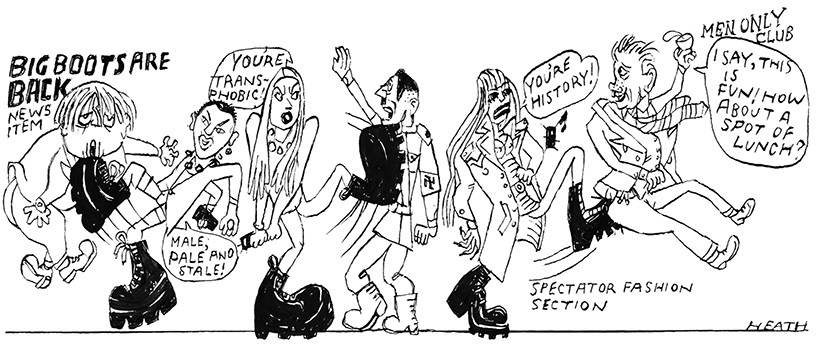
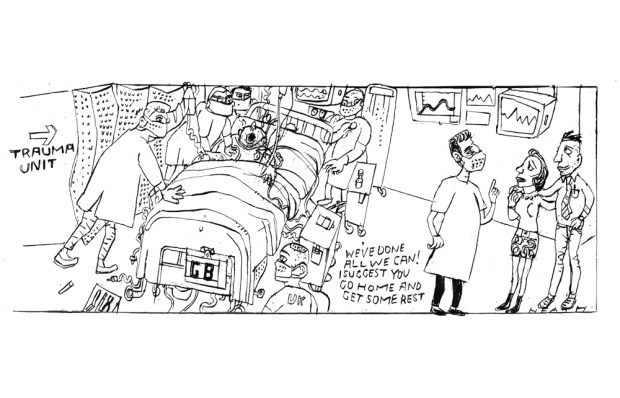

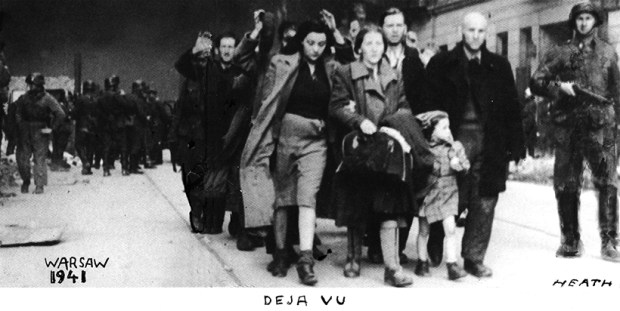
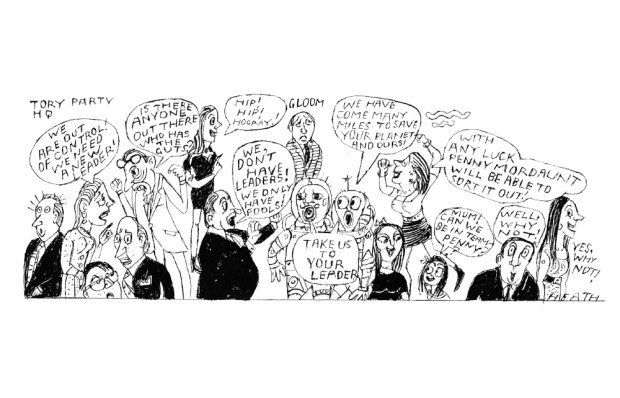

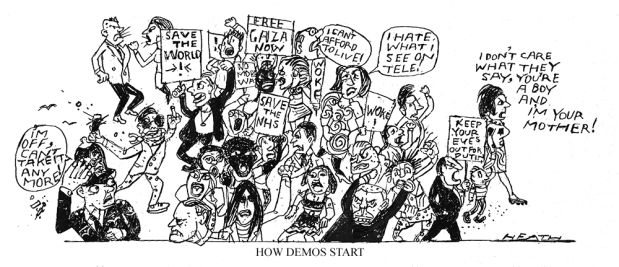






Comments
Don't miss out
Join the conversation with other Spectator Australia readers. Subscribe to leave a comment.
SUBSCRIBEAlready a subscriber? Log in